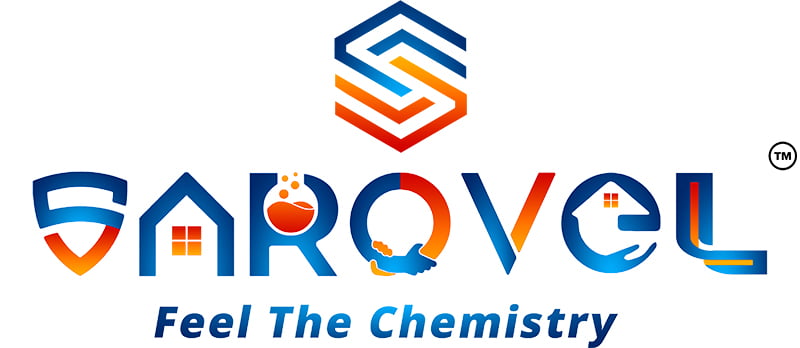
What’s SNF?
SNF is a water reducing super plasticizer appearing as a brown or dark brown powder. The detailed applications are discussed below.
SNF-Based Admixture in Concrete
SNF Based Admixture is a high-performance super plasticizer for concrete, effective in producing concrete with different situations of plasticity. It’s used in operations similar as pumping and flatwork. The range for a certain degree of plasticity will mainly vary depending upon the water-cement ratio.
SNF reduces the water consumption without reducing the performance and mechanical index of cement concrete, thus reducing the construction cost. It can improve the workability of cement concrete and reduce the energy consumption of construction mixing. SNF has no adverse effect on concrete shrinkage and no corrosion effect on steel reinforcement.
Advantages of SNF Based Admixture in Concrete:
Enhanced Workability: SNF significantly improves the workability of concrete, making it easier to mix, pour, and finish. This translates into increased labour efficiency and reduced construction costs.
Reduced Water Demand: By effectively dispersing cement particles, SNF allows for a reduction in water content while maintaining desired workability. This leads to stronger concrete with reduced shrinkage and improved durability.
Improved Strength: SNF can significantly enhance the compressive strength of concrete, making it more resistant to external forces and increasing its load-bearing capacity.
Enhanced Durability: SNF contributes to the durability of concrete by improving its resistance to water penetration, chloride ingress, and freezing and thawing cycles, extending the lifespan of concrete structures.
Applications of Sodium Naphthalene Formaldehyde:
High-Performance Concrete (HPC): In the pursuit of high-strength, high-workability, and low water-cement ratios, SNF emerges as a crucial ingredient for HPC. It effectively disperses cement particles, leading to a more uniform distribution and enhanced cohesion, ultimately contributing to the exceptional performance of HPC.
Self-Compacting Concrete (SCC): For achieving the unique flowability of SCC, SNF proves indispensable. Its ability to disperse cement particles ensures that SCC can flow into place under its own weight, eliminating the need for vibration and enabling intricate formwork designs.
Precast Concrete Production: SNF is extensively employed in precast concrete manufacturing, where its ability to enhance workability, strength, and durability is highly valued. It facilitates the production of high-quality precast elements that meet stringent performance requirements.
Mass Concrete Applications: In mass concrete applications, SNF plays a critical role in reducing heat generation and improving workability. By dispersing cement particles and minimizing water demand, SNF helps manage the temperature rise associated with mass concrete pours, preventing thermal cracking and ensuring structural integrity.
Is Sodium Naphthalene Formaldehyde Used in New Construction?
Yes, SNF is extensively used in the construction industry, especially in new construction systems. It’s used for the medication of free-flowing and pumpable concrete fusions. SNF can be used as raw material for emulsion accelerators, anti-freezing agents, and retarders, in different construction diligence. Its high chastity point makes cement patches with high low raging, high range water reducing and strengthening. In addition, it also improves cement mobility and plasticity.
Importance of the Sodium Naphthalene Formaldehyde Ratio:
The Sodium Naphthalene Sulfonate Formaldehyde ratio is crucial in determining the properties of the concrete mix. A higher ratio of SNF can increase the workability of the concrete, making it easier to handle and shape, resulting in a stronger and more durable concrete.
This ratio isn’t fixed and can vary depending on the specific conditions of the concrete blend. Factors similar as the asked plasticity, strength, and setting time of the concrete can impact the exact quantum of SNF used.
Environmental Impact of Sodium Naphthalene Formaldehyde
SNF itself has implicit environmental impacts, its use can also contribute to environmental sustainability by promoting the use of artificial by-products. SNF can promote the application of artificial by-products (similar as ground sediment and fly ash, etc.) in the cementations material system, which helps to save coffers and cover the terrain.





Leave a Reply